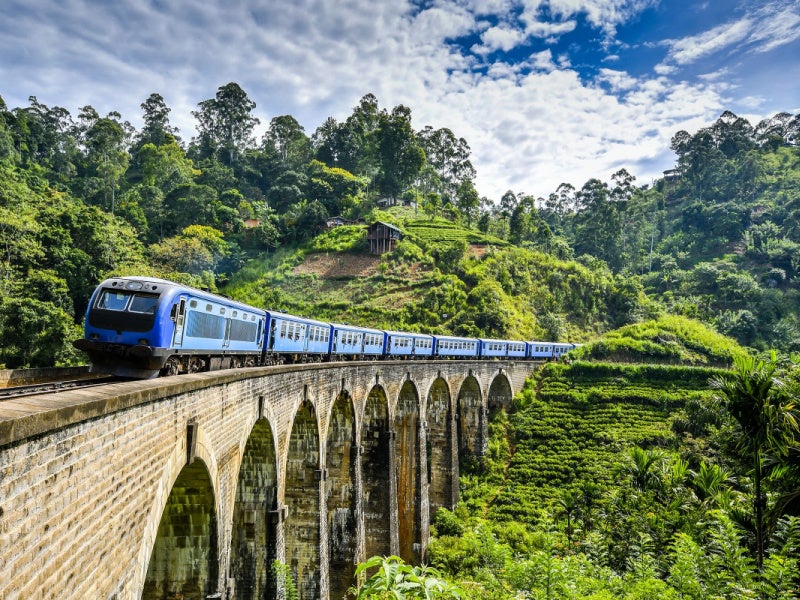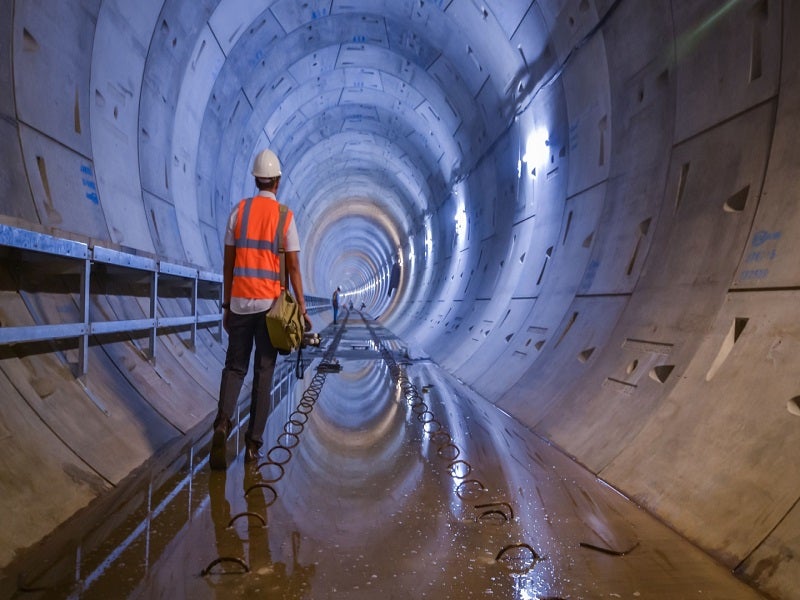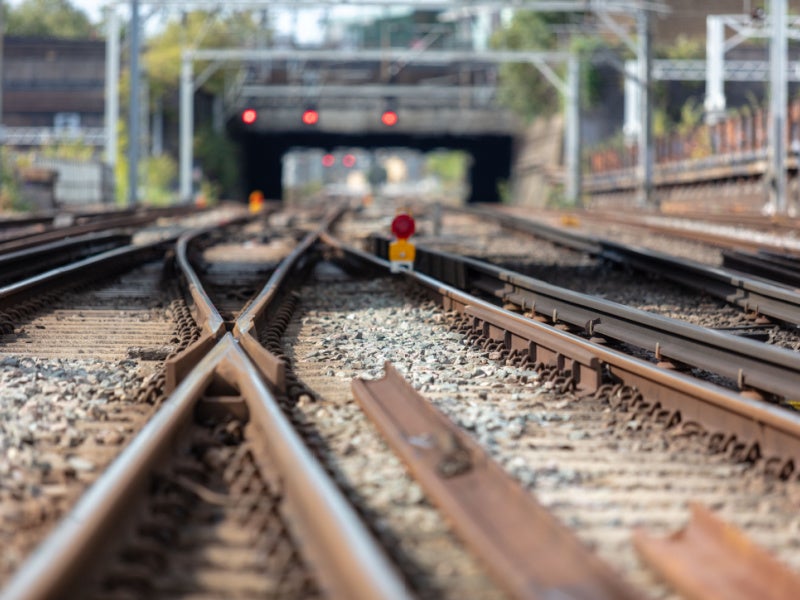The Rishikesh-Karnaprayag railway line is a new 125km broad gauge railway line being developed between Rishikesh and Karnaprayag, Uttarakhand, India. It is being developed by Rail Vikas Nigam (RVN), a public sector undertaking (PSU) that is 100% owned by the Ministry of Railways.
The project is part of the Char Dham railway project, which involves the construction of a 327 km-long railway line aimed at improving connectivity between the Char Dham religious shrines of Yamunotri, Gangotri, Badrinath, and Kedarnath.
The Indian government is funding the project, which is being developed at an estimated cost of Rs246bn ($3.01bn). Expected to be completed by March 2025, the railway line aims to provide accessibility to Uttarakhand’s centre of pilgrimage, improve trade connectivity and promote tourism.
Travel time between Rishikesh and Karanprayag will be reduced from seven hours to two hours on the new line, which will also help ease congestion on the region’s road network.
Rishikesh-Karnaprayag railway line details
The Rishikesh-Karnaprayag railway line will connect towns such as Devprayag, Srinagar, Rudraprayag, Gauchar and Karnaprayag through five districts of Uttarakhand, including Dehradun, Tehri Garhwal, Pauri Garhwal, Rudraprayag, and Chamoli. It includes the construction of 12 railway stations, 17 tunnels, viaducts and 35 bridges.
The entire line is located within the Garhwal Himalayan range in northern India, which has varied rock structures consisting of quartzites, dolomites and phylites. The region is also prone to extreme weather conditions and contains seismically active zones.
Tunnel construction covers 105km, or 84% of the total length of the line, including a 98 km-long escape tunnel. The project’s final location survey has been completed, along with the procurement of 791ha of land and approval from the forest department. The design work for all tunnels has also been completed.
The project’s first segment is 5.7km long, extending from Virbhadra to Yogh Nagri Rishikesh station. It opened for public use in March 2020.
Tunnel construction
The construction of the tunnels will be executed in ten packages that have been assigned to multiple contractors.
Package 2 includes the construction of a 14.6 km-long railway line and a 12.6 km-long tunnel, while package 5 includes the construction of a 9.6 km-long line, including two 6.9 km-long tunnels.
Package 6 includes the construction of tunnel number 11 while package 7 has been divided into two sub-packages, 7A and 7B. Sub-package 7A includes the construction of bridge number 12 and tunnel number 12, and sub-package 7B includes the construction of a 9.4 km-long tunnel and the Tilani station.
Package 8 includes the construction of a 15km tunnel and three major bridges.
Package 9 includes the construction of an 8.04km rail line, including a 6.4km main tunnel, a 6.3km escape tunnel, two major bridges, one minor bridge, a 2.2 km-long yard, and a station at Karanprayag.
All major tunnel construction began simultaneously in order to complete the project on schedule.
Contractors involved
Geoengineering company GEODATA Engineering conducted the feasibility assessment for the alignment, which included multicriteria analysis, refinements, geological and geophysical mapping, final location survey, and detailed cost estimation.
GEODATA subcontracted engineering consulting company Introsoft Solutions to conduct the geological study.
Construction company L&T Construction was awarded the Tunnel 2 package works, which comprises the construction of the tunnel and bridges, as well as formation work.
Engineering company Yüksel Proje received the contract for providing engineering design and construction supervision services for packages 2 and 5.
Navayuga Engineering Company, an engineering and construction company, is building two tunnels (9 and 10), under package 5.
Robit, a supplier of drilling consumables, was subcontracted by Navayuga to supply forepoling systems for tunnel support and rock drilling consumables.
Package 6 of the project, worth Rs16bn ($223.54m), was awarded to construction and infrastructure firm, Rithwik Projects.
Civil engineering company Nara Constructions was subcontracted by Rithwik Projects for the construction of a new adit, minor bridges, formation works and other ancillary works.
Construction firms Max-HES JV and AECOM India received the contract for package 7A, while package 7B and package 8 were awarded to engineering company Megha Engineering and Infrastructure.
In a joint venture with Dilip Buildcon, Hindustan Construction Company received an Rs13.35bn ($178.8m) contract for the construction of tunnels, bridges, and formation works under package 9.
Consulting firm ALTINOK Consulting Engineering conducted surveys and detailed design, as well as providing engineering services, construction supervision, and project management services for package 9.
Engineering company PMT Infrascience provided supply, installation, monitoring, and data analysis of geotechnical instruments used for the project.
mageba, a supplier of bearings and expansion joints, supplied bearings to support the superstructures of the railway line’s bridges.





